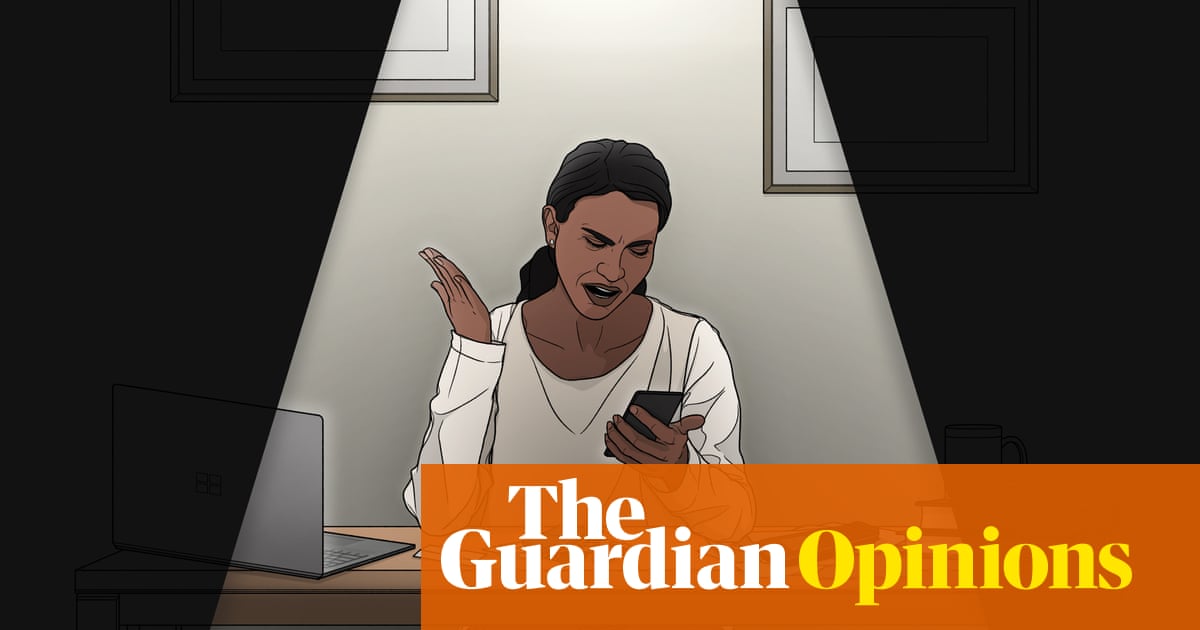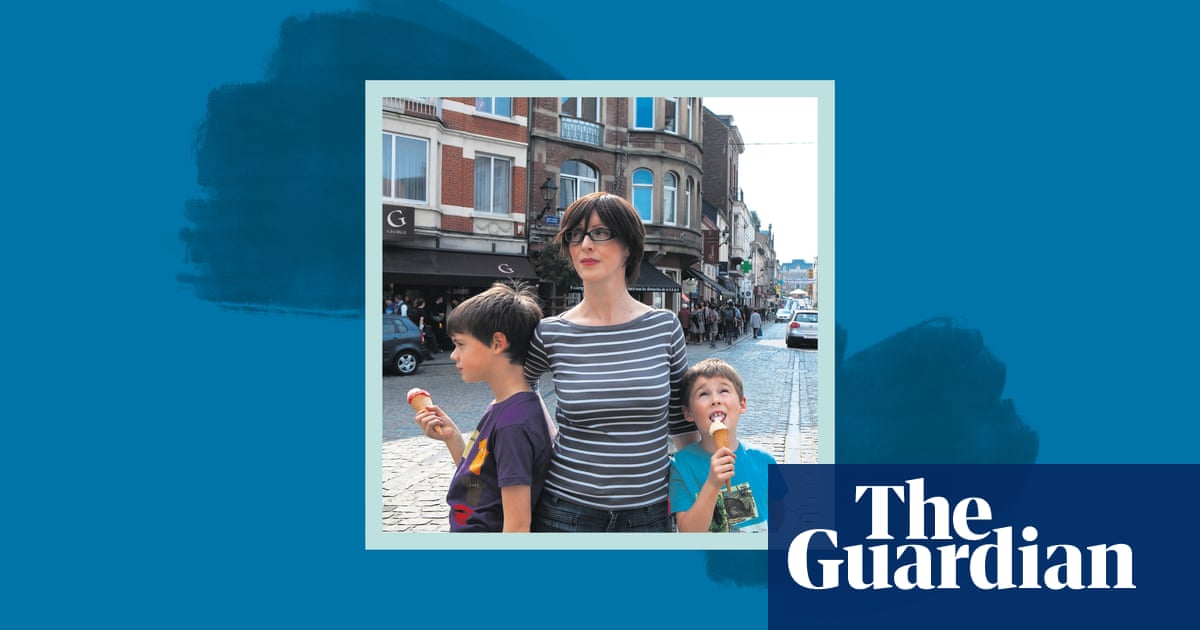
In the grounds of a mental health hospital my sister, Philippa Day, looked at me with tear-filled eyes and told me that the Department for Work and Pensions (DWP)’s actions would kill her, and that when they did she wanted me to advocate for her so that it would never happen again. I looked at her gravely and made a solemn promise that if anyone took her from me I would do exactly that.
Philippa had emotionally unstable personality disorder, agoraphobia, anxiety, depression and type 1 diabetes. In November 2018 Philippa was advised by her community psychiatric nurse (CPN) that she may have been entitled to more benefits than she was receiving and was asked to consider applying for personal independence payments (Pip).
I accompanied Philippa to an organisation called Framework in Nottingham to receive advice around applying for Pip and to start the application. Philippa completed the application with the assistance of her mental health and diabetic teams and posted the form herself, feeling a great sense of achievement that she had walked to the postbox unaccompanied.
In March 2019, Philippa discovered that her disability benefits had been stopped in January that year and she was only receiving the standard allowance – at this time about £60 a week. What transpired after was a downward spiral hastened by poverty and the difficulty of having her benefits reinstated. Despite numerous phone calls from both professionals and Philippa, there continued to be mistakes in the handling of her claim. Philippa called the DWP herself, sobbing while discussing her issues – recordings of these calls were included as evidence in our claim. She informed them that she was “starving and cold” and that she “literally needed a reason to live”. When she ended the call, my sister still said thank you.
Notably, in July-August 2019 my sister received a letter instructing her to attend an assessment in the next city in the early morning. Her CPN appealed against this decision, highlighting that Philippa would not be able to engage in a face-to-face assessment outside her home due to her agoraphobia and complex mental health issues and that to do so would place her at significant risk of harm. Her community mental health team and her family worked tirelessly to mitigate the effects of this trip, however we were unsuccessful and in the early hours of 8 August 2019 my sister took an overdose that she would not survive.
In the following pre-inquest reviews and the inquest itself, we continued to suffer from the cold and unyielding walls of the DWP and Capita, the private firm that carries out some benefits assessments. In a pre-inquest review it had been heavily implied by a Capita lawyer that I had written my sister’s suicide note, which directly implicates the DWP, for political gain. This was easily disproven with time stamps, however the outrage I felt remained. In the inquest itself, my mother, who had not been called to give evidence, felt the need to submit an oral statement detailing that she loved her daughter. My sister’s CPN, who was highly commended by the coroner for her work, gave evidence for two days on the medical interventions offered to Philippa and the impact that having her disability benefits removed had on her mental state. In a rare move, on the last day of the inquest the coroner, Gordon Clow, chose to read his conclusions in full. Hour after hour we listened to how 28 individual mistakes made by both the DWP and Capita led to Philippa’s death.
In Clow’s conclusion, he states “the failure to administer the claim in such a way to avoid exacerbating Philippa Day’s pre-existing mental health problems was the predominant factor” in my sister taking an overdose. We are the first family to have received compensation regarding a benefit-related death, but we are not the only family that has suffered. Organisations and individuals are trying to hold politicians to account over these failures. I recently took part in Rethink’s campaign Stop Benefit Deaths, where individuals are invited to email the secretary of state urging them to meet with bereaved families, and calling for a public inquiry.
In my campaigning against benefit deaths, I have had the privilege to meet others who lost their loved ones in similar circumstances. This included meeting at the Museum of Austerity, a VR piece that recently premiered at the London film festival featuring holograms of 10 people who lost their lives, with their stories told by family members. There was the power of shared experience in that room as we were led family by family to experience the piece alone.
While going through the processes of applying for disability benefits, which could be described as arduous, disabled people feel alone and scared that the lifeline of their payments will be removed. My sister’s case and others like it have highlighted longstanding and systemic issues with the benefits system in the UK and have further damaged the public’s confidence in the DWP. This can only be rectified by a public inquiry, meaningful change and transparency about how benefits applications affect disabled people.
Imogen Day is a mental health campaigner












